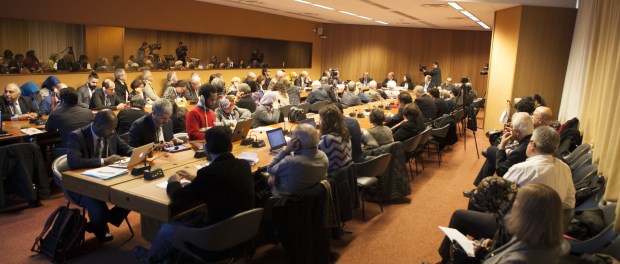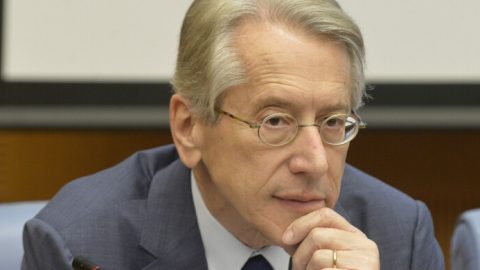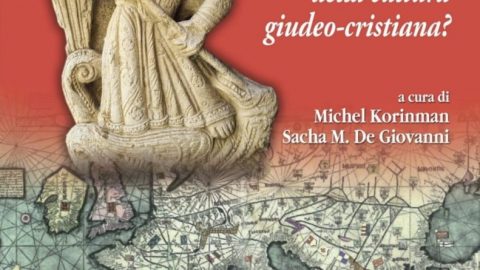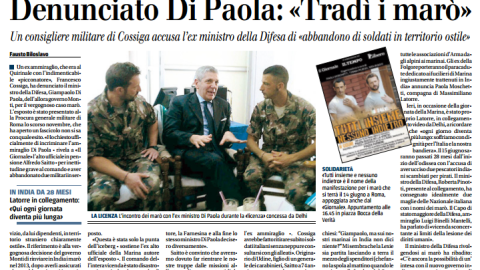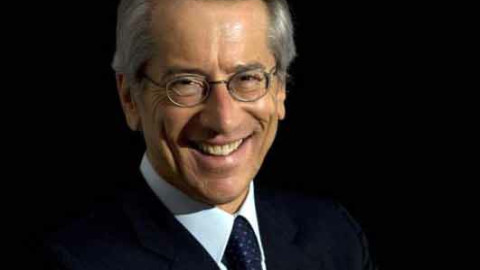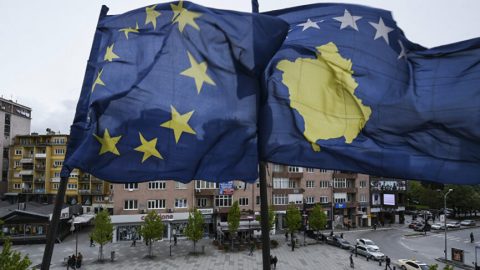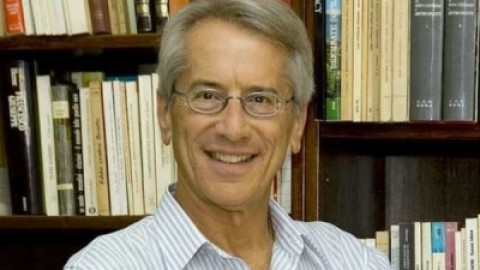Articolo di Siavosh Hosseini per The Media Express del 7 marzo 2018
he United Nations Human Rights Council is in the midst of its 37th Session, which will end in March 2018. During this session, multiple meetings and conferences are being held regarding hot spots of human rights violations throughout the world. One particular nation, however, has caused an intense uproar in the international community, and that nation is #Iran.

Call to ban Iranian Justice Minister Ali Reza Avaei to speak at the U.N.
During this session, the Iranian Justice Minister Ali Reza Avaei was invited to speak before the Human Rights Council, despite the fact that he has been banned by the EU for human rights violations since 2011.

Guilio Terzi, a former Italian Foreign Minister
Several speakers, including Struan Stevenson, former member of the European Parliament and coordinator for the campaign for change in Iran; and Guilio Terzi, a former Italian Foreign Minister, called it a disgrace that Avaei was invited to speak at all. Terzi asked while he had not been arrested when he landed, because Avaei is banned from traveling in the EU.
Additionally, many of the speakers called for international inquires into the #1988massacre of political prisoners in Iran, as well as international intervention on behalf of the thousands arrested during the latest protests, which have been dealt with harshly by the regime. At least a dozen individuals have died while in custody, and the regime is claiming that they were all suicides, “despite no evidence to prove it,” said Terzi. He noted that this has become common for the regime to torture individuals to death and then claim they committed suicide while in custody.

Struan Stevenson, former member of the European Parliament
Other pointed to the fact that various EU leaders have not called Iran out on this, creating a sense of impunity for the regime. The Iranian people, however, are growing tired of poverty, while their national resources are being used by the regime to fund its military efforts throughout the region.
“Rouhani is not a moderate,” said Stevenson, before pointing out the horrible record of execution that Iran has, including the many executions committed during Rouhani’s time in office, along with hundreds of other human rights violations.
Iranian Uprising of 2017-2018
During the #protests, it was clear that the regime would do whatever it took to stop the protests, including cyberwarfare that involved spyware on apps, and using the Islamic Revolutionary Guard Corps (IRGC) to break up the protests, even shooting at protesters. Arrests continued for weeks, as any who were involved were tracked down. Students who hadn’t participated were arrested, as they were seen as potential leaders of an uprising movement.

Gerry Horkan, a member of the Irish Senate.
All of this shows that the regime’s ability to repress and distract the Iranian people has started to fade, making it questionable if the regime can continue under pressure from the Iranian people. At the same time, other speakers noted that the regime is not willing to reform and that the only way for Iran to move forward is through regime change.
“For decades the regime has violated the most basic rights of the Iranian people,” said Gerry Horkan, a member of the Irish Senate. He noted that the latest report from the late Special Rapporteur of human rights in Iran noted that the 1988 massacre is an unresolved crime. “It’s penal code…justifies barbaric punishments, such as amputations, floggings, public hangings, and stoning…the [1988 massacre] was a state sanctioned purge of dissidents, and even three decades later, those looking for justice for the victims and their families are being persecuted, intimidated, and arrested.”
Horkan also noted that the Special Rapporteur’s report showed that those involved in the massacre hold key positions within the regime, including the current Justice Minister. He said that the recent invitation for Avaei to speak at the Human Rights Council showed that the regime was misusing its member status at the UN to make a “mocker of respected international institutions…to circumvent sanctions.”

Taher Boumedra, former Chief of the Human Rights Section of the United Nations Assistance Mission in Iraq (UNAMI)
“This is a pattern of behavior from a pariah state that is a menace to its own people and theinternational community. The brutal crackdown [of the protests that began last December] is another confirmation of this fact. Those who engaged in extrajudicial killing of tens of thousands of dissidents to secure the theocracy’s survival are using exactly the same brutal tactics today to quell anti-regime protests that have targeted the theocracy in its entirety…This is a direct consequence of the culture of impunity that the Iranian regime and its officials are enjoying since they usurped power in Iran and the regime has gotten away with it because of the appeasement policy of the West based on the idea that somehow the religious dictatorship will kill less of its people or stop arresting those who are voicing dissent if showed with enough money or given enough international space to act with legitimacy,” said Horkan.
The regime rests on the oppression of its people and its exporting of terrorism and fundamentalism. That will not change, and the Iranian people are risking their lives to bring about #freedom and #democracy. Horkan encouraged the international community to support the Iranian people by ending the impunity of the Iranian regime.
Taher Boumedra, former Chief of the Human Rights Section of the United Nations Assistance Mission in Iraq (UNAMI), noted that the impunity of the Iranian regime gave them the ability to kill 14 people while in custody and claim that they all committed suicide, something that the regime expects the international community to believe. He also noted that despite calls for investigation into the massacre of 1988 by the regime, but it is clear that the regime is not going to take on any such investigation or cooperate with such an investigation.

Nicola Ciraci, a member of the Italian Parliament
He noted that the regime is thwarting justice for those who have suffered under its violations and abuses. Boumedra called for reform in the Human Rights Council to combat these actions by the regime.
Other speakers included Nicola Ciraci, a member of the Italian Parliament; Parviz Khazai, a former Ambassador, member of the International Association of Jurists (Norway), and the National Council of Resistance of Iran (NCRI) Representative in Scandinavia; and Simin Nouri, President of Iranian Women’s Association in France.
Khazai noted that the regime was active in accusing the #PMOI and NCRI of trying to radicalize the protests, changing slogans about the price of eggs into the slogans calling for regime change. The regime is not willing to acknowledge that the Iranian people themselves are calling for regime change due to the repression and fundamentalism of the regime itself.
All of the speakers called for international action regarding the regime, as well as the renewal of the mandate for a Special Rapporteur for human rights in Iran by the UN.

Parviz Khazai, a former Ambassador, member of the International Association of Jurists (Norway)
 wikipedia
wikipedia